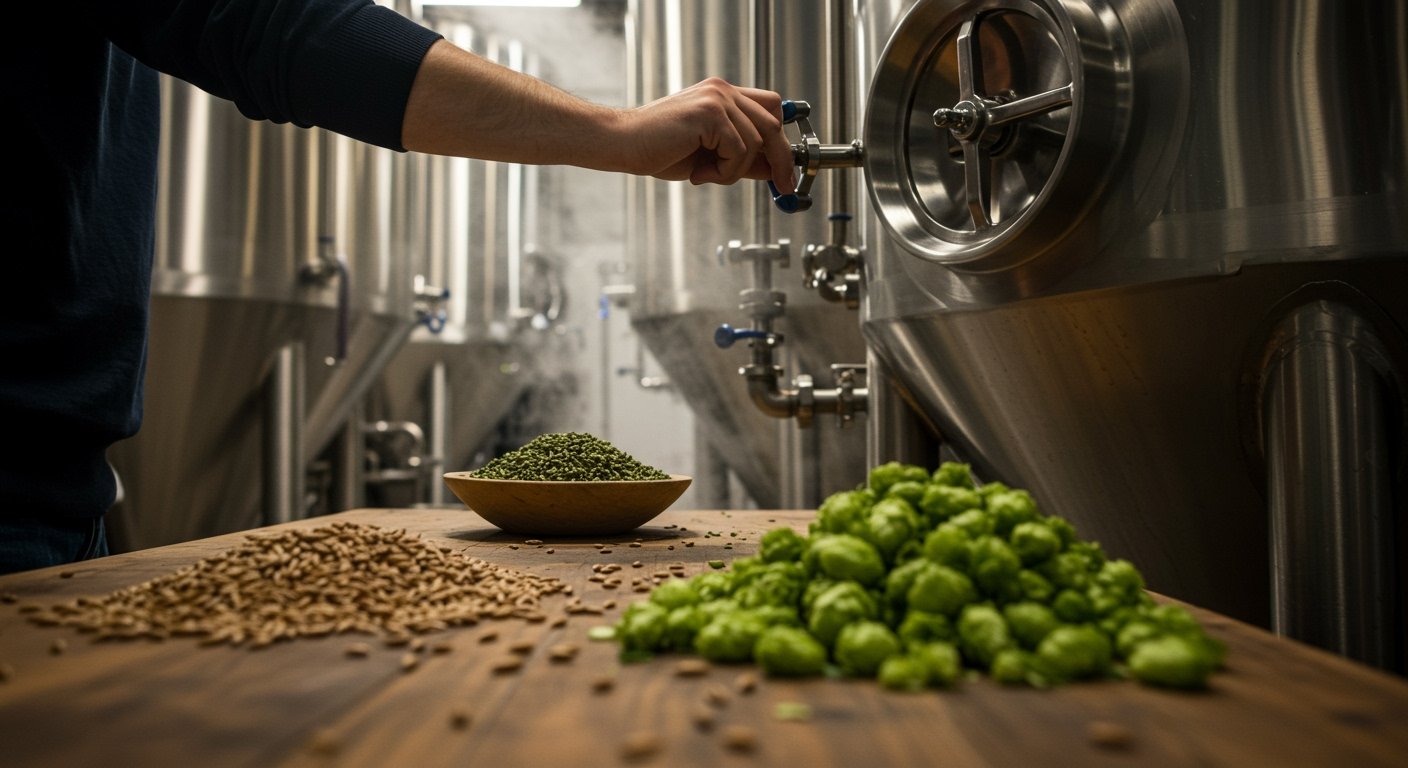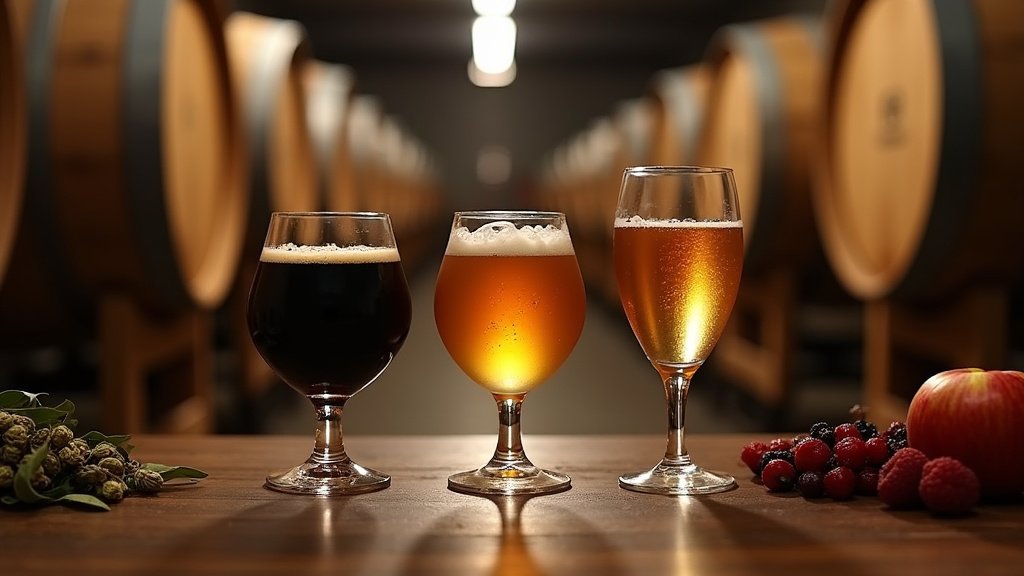San Diego, a region globally celebrated for its vibrant craft beer scene, is home to numerous breweries contributing to its reputation. Among the individuals shaping this landscape is Hayden Weir, a brewer at Weir Beer Co. Weir offers insights into his journey, brewing philosophy, and the economic realities confronting contemporary craft breweries.
Weir draws a notable parallel between San Diego’s beer culture and that of Portland, Oregon, where he maintains family connections. He observes a shared enthusiasm and approach to brewing and consumption in both prominent West Coast cities.
The Path to the Kettle
Weir’s entry into the intricate world of brewing was not immediate but followed a progressive path rooted in hands-on experience within the industry itself. His career commenced shortly after he reached his 21st birthday, marking his legal entry into establishments serving alcoholic beverages. He began his tenure at Dos Desperados Brewery, located in San Marcos.
His initial role at Dos Desperados Brewery involved working in the bar, a position that provided foundational exposure to the operational side of a brewery and direct interaction with patrons. This early experience served as a crucial stepping stone.
It was within the environment of Dos Desperados Brewery that Weir transitioned from front-of-house operations to the production side. He began assisting with brewing tasks, learning the complex processes involved in transforming raw ingredients into finished beer.
Weir credits two key figures at Dos Desperados Brewery for significantly influencing his early development. Steve Munson, the owner of the brewery, provided him with the initial opportunity and pathway into the industry. Furthermore, he received instruction in specific brewing techniques from Dean Rouleau, whose guidance was instrumental in shaping Weir’s practical skills and understanding of the craft.
A Philosophy for Production
Every brewer develops a personal approach to their craft, a set of principles guiding their decisions throughout the brewing process. Hayden Weir encapsulates his philosophy with a succinct motto: “Keep it clean, keep it safe and measure with your heart.“
This adage, while concise, speaks to core tenets of successful brewing. “Keep it clean” underscores the paramount importance of sanitation in preventing contamination, which can ruin entire batches of beer. “Keep it safe” likely refers to adherence to safety protocols in a production environment involving hot liquids, chemicals, and heavy equipment.
The final phrase, “measure with your heart,” introduces a qualitative element to the quantitative process of brewing. While precise measurements of ingredients, temperatures, and times are critical, this part of the motto suggests an intuitive understanding, passion, or perhaps an artistic touch that goes beyond strict metrics, allowing for nuance and character in the final product.
The Contemporary IPA Landscape
When discussing specific styles, Weir identifies the West Coast IPA as his personal favorite. This style is a hallmark of the American craft beer movement, particularly associated with California.
However, Weir’s preference leans towards the contemporary version of the West Coast IPA. This modern iteration often represents an evolution from the aggressively bitter profiles that characterized earlier examples of the style. The contemporary West Coast IPA, as described by Weir, is characterized by lower bitterness compared to its predecessors.
This reduction in bitterness serves a specific purpose: it allows the prominent hop aromas to take center stage. While traditional West Coast IPAs often featured substantial bitterness alongside hop flavor and aroma, the contemporary approach seeks to highlight the aromatic compounds derived from hops – notes of citrus, pine, tropical fruit, or floral elements – without the palate fatigue that high bitterness can sometimes induce.
Crucially, even with lower bitterness and enhanced aroma, Weir notes that his favored contemporary West Coast IPA retains a necessary malt backbone. This refers to the underlying presence of malt character, providing balance, body, and often subtle flavors like bread, biscuit, or caramel, preventing the beer from being perceived as thin or solely dominated by hop characteristics.
Business Acumen in Craft Beer
Beyond the technical aspects of brewing, Weir also offers perspectives on the economic realities facing craft beer businesses today. He stresses the significant importance of marketing and events.
In an increasingly crowded market, simply producing quality beer is often not enough. Effective marketing is essential for building brand recognition, attracting customers, and differentiating a brewery from its competitors. Similarly, hosting events – whether release parties, live music, or community gatherings – drives foot traffic and creates direct engagement with consumers.
Weir highlights a critical business model observation: profit margins for craft beer businesses are primarily derived from tasting room sales. While distribution to bars, restaurants, and retailers is valuable for volume and reach, the direct-to-consumer sales model in a brewery’s own tasting room typically offers higher profitability per ounce sold, eliminating distributor and retailer markups. This makes investing in the tasting room experience, supported by marketing and events, a key strategy for financial sustainability.
Hayden Weir’s journey from brewery bar staff to a practicing brewer at Weir Beer Co. exemplifies a hands-on approach to mastering the craft and understanding its commercial facets. His insights into brewing philosophy, preferred styles, and the business reliance on tasting room profitability underscore the multifaceted expertise required in the modern craft beer industry.




